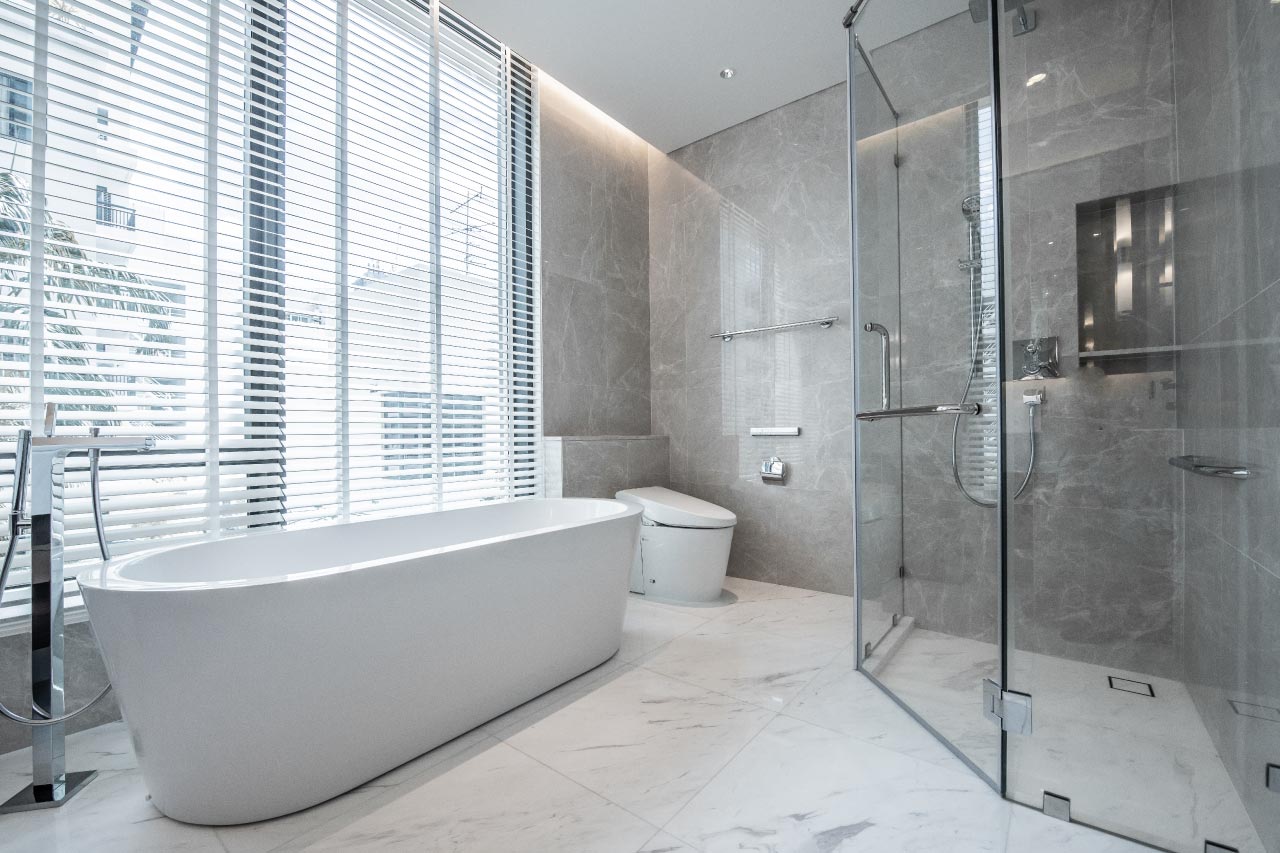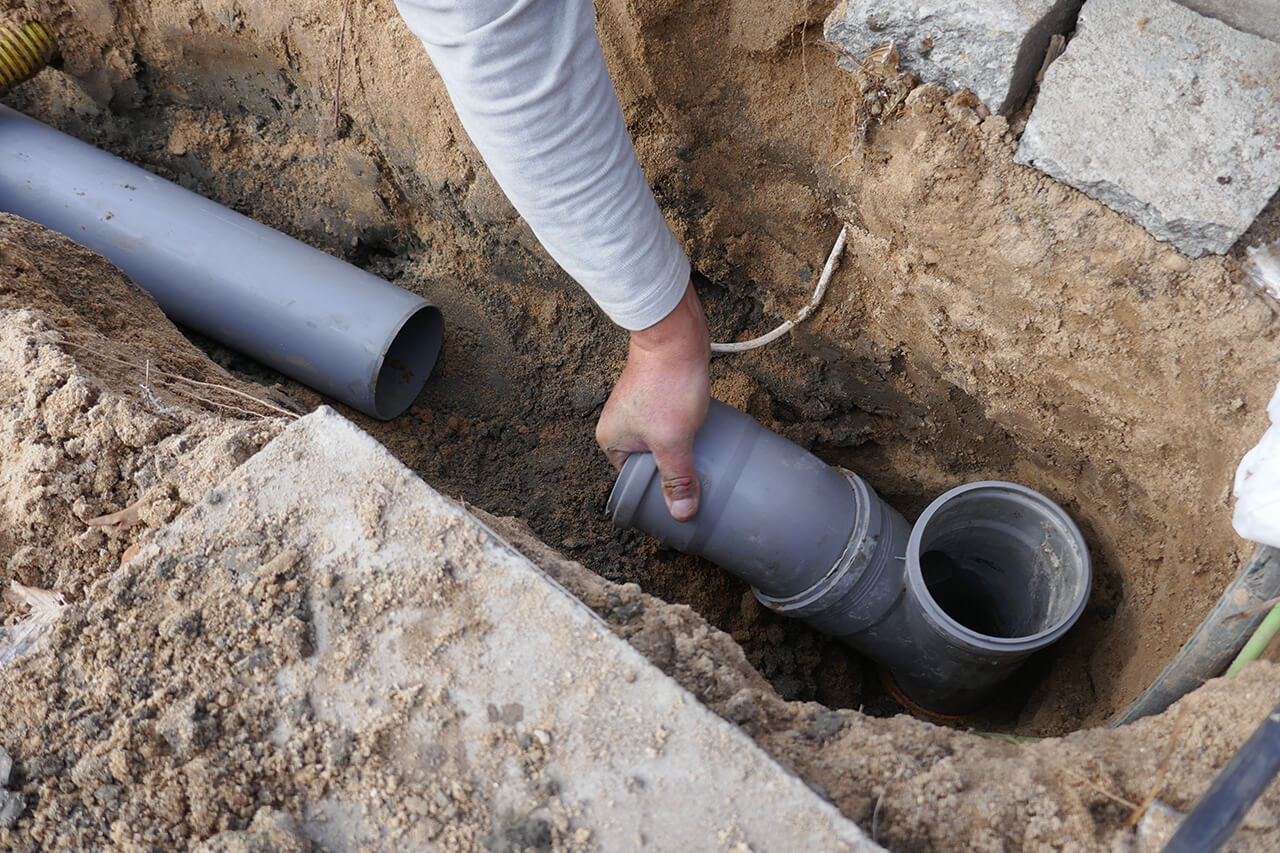How Much Does a Shower Remodel Cost in 2025?
A shower remodel costs $7,000 on average, but homeowners commonly spend between $2,000 and $9,000 on this job. A pro can give you a more accurate estimate based on the size of your shower and your dream materials.


Key cost factors include materials, shower type, and labor costs.
Acrylic and fiberglass shower inserts are the most budget-friendly options.
Solid stone shower inserts are more costly but have a long lifespan.
Remodeling your shower can increase the appeal and value of your home.
This article was updated using automation technology and thoroughly reviewed for accuracy by HomeAdvisor Editor Ryan Noonan.
A shower remodel costs anywhere from $300 to $15,000, but the average cost is $7,000. Simple updates like new sealant and fixtures won’t break the bank, but custom features and larger projects can cost tens of thousands of dollars. Your final cost depends on the type of remodel, demolition needed, and materials you choose.
Average Shower Remodeling Costs
You’ll spend the most money on materials and labor. Here are some average costs for remodeling a shower:
Tiling: $5–$10 per sq. ft.
Plumbing work: $45–$200 per hour
Completely new shower unit: $600–$12,000
Repairs: $300–$5,500
Shower Remodel Cost Factors
Materials and labor make up most of your shower remodeling costs. Labor costs vary based on the extent of demolition required. Unexpected issues like moisture damage or mold can also affect your overall cost. Removing mold and mildew costs $500 or more, while repairing water damage ranges from $1,000 to $3,000.
Materials
The price of materials is a key factor in the total cost of your shower remodel. Tile offers a wide array of price points, while stone tends to be more costly. Acrylic or fiberglass inserts are the most affordable option.
| Shower Material | Average Cost |
|---|---|
| Acrylic | $500–$2,500 |
| Fiberglass | $400–$5,000 |
| Cultured marble | $700–$2,450 |
| Ceramic tile | $0.50–$100 per sq. ft. |
| Porcelain tile | $0.50–$30 per sq. ft. |
| Stone tile | $5–$50 per sq. ft. |
| Porcelain slab | $10–$30 per sq. ft. |
| Glass tile | $10.50–$25 per sq. ft. |
| Stone slab | $40–$65 per sq. ft. |
| Solid surface | $40–$70 per sq. ft. |
Size of Project
The average shower remodel costs $350 to $2,500 for a small bathroom. A mid-size bathroom shower remodel costs between $675 and $8,600. For a large bathroom or primary bath, shower remodel prices may run from $12,000 to $15,000 or more.
During a shower remodel, you may uncover issues like moisture damage or mold, which can increase costs. Removing mold and mildew starts at $500, and repairing water damage costs between $1,000 to $3,000. Factor potential repairs into your budget to avoid unexpected expenses.
Type of Remodel
The type of remodel you choose is the biggest cost influencer. Updating fixtures or a basic enclosure can cost as little as $200, while installing a glass shower door costs $600 to $1,400. At the other end of the budget, tub-to-shower conversion costs up to $8,000, and a walk-in shower can cost $15,000 or more.
| Type of Shower Remodel | Cost Range (All-In) |
|---|---|
| Regrouting | $10–$25 per sq. ft. |
| Tiling | $0.50–$50 per sq. ft. |
| New fixtures | $50–$900 |
| Full-body shower unit | $600–$12,000 |
| Shower door | $600–$1,350 |
| New shower stall | $700–$1,600 |
| Tub-to-shower conversion | $1,500–$8,000 |
| Walk-in shower | $1,500–$8,000 |
Labor Cost for Pros
Labor is a significant part of your shower remodel budget. You’ll need to hire a bathroom remodeling company near you to get the process started, but you may also need the services of the following pros:
Plumbers cost $45–$200 per hour. They install fixtures and reconfigure plumbing lines.
Tile installers cost $5–$10 per square foot. They lay tile and ensure watertight seals.
Electricians cost $50–$100 per hour. They handle electrical hookups for steam showers.
Structural engineers cost $100–$200 per hour. They assess and reinforce walls and floors for heavy materials.
Demolition and haul-away costs range from $300 to $500. Moving the shower or altering plumbing adds $600 to $1,600.
Remodel Cost by Shower Type
There are several types of showers to choose from, whether you're installing a tub-shower combo, a universal access shower, or a compact corner shower. Shower installation costs depend on your bathroom’s size and the type of remodel.
| Type of Shower | Average Cost Range (All-In) |
|---|---|
| Framed enclosure | $350–$830 |
| Semi-frameless | $820–$2,000 |
| Frameless | $1,000–$3,300 |
| Corner | $1,400–$3,300 |
| Double | $830–$5,000 |
| Walk-in | $1,500–$8,000 |
| Steam | $2,600–$6,050 |
Framed Shower Enclosures
Framed shower enclosures cost between $350 and $830, averaging around $590, including installation. These showers are affordable and popular choices where space and money are at a premium. You can choose either sliding or swinging doors. Swinging doors require more space but are easier to maintain than sliding doors.
Semi-Frameless Shower
A semi-frameless shower enclosure costs between $820 and $2,000, with most people spending around $1,400. Semi-frameless units are a good compromise between the aesthetics of a frameless shower and the affordability of a fully framed enclosure. You can choose sliding or swinging glass doors, and the design helps make bathrooms feel bigger.
Frameless Shower
Frameless showers cost between $1,000 and $3,300 to install. On average, homeowners spend $2,000 on a mid-range frameless shower enclosure. These all-glass options are large and contemporary, featuring inward- or outward-swinging doors. While expensive, frameless showers are easy to clean and maintain.
Corner Showers
Priced at $1,400 to $3,300, corner showers cost an average of $2,350. Corner showers save space, making them great for smaller spaces or bathrooms with many fittings.
Double Showers
Double showers cost anywhere from $800 to $5,000 or more, with most people spending around $2,700. You can choose between semi-frameless and frameless double showers. They're ideal for large primary bathrooms, offering a contemporary, open feel.
Walk-In Showers
Walk-in showers cost between $1,500 and $8,000, with most homeowners spending around $5,400. These showers may have a frameless door design or no doors for easy access. Tiling costs more because you need more tiles for moisture protection. You can customize walk-in showers to fit any style and bathroom. They’re a good choice for universal access.
Steam Showers
Priced between $2,600 and $6,050, steam showers cost an average of $4,300. These are more expensive because they require a fully sealed enclosure and electrical work. However, steam showers offer a spa-like experience and can boost your home's resale value.
Shower Remodel vs. Repair
Deciding between repairing or remodeling your shower depends on factors like cost, lifespan, extent of damage, and warranties. Repairs, costing $300 to $5,500, address issues like leaks or cracked tiles but may be temporary solutions.
A full remodel, averaging $2,000 to $9,000, updates style and functionality, addresses underlying problems, and can extend your shower's lifespan. Remodeling may be more cost-effective if your shower is extensively damaged or outdated, while minor issues may be resolved with repairs.
Does a Shower Remodel Increase Home Value?
Remodeling your shower can increase your home's value by enhancing its aesthetic appeal and modernizing the space. It's also an opportunity to install eco-friendly fixtures that reduce utility costs. Keep in mind that removing the only bathtub in your home may deter potential buyers who prefer a bath option.
Budgeting for a Shower Remodel
While shower remodeling requires the skills and expertise of a pro, there are steps you can take to keep your project on budget:
Keep your existing layout: Avoid altering walls, electrical layouts, or plumbing to save on major costs.
Consider prefab models: Choose prefabricated shower kits for affordability and ease of installation.
Shop around for materials: Look for the best prices on stone, tile, and other materials. Consider bulk sales and contractor discounts.
Reuse fixtures: If your fixtures are in good condition and match your new style, reuse them to save money.
Get multiple quotes: Contact several bathroom remodeling professionals to compare prices and services.
How HomeAdvisor Gets Its Cost Data
No place is more important than your home, which is why HomeAdvisor connects homeowners with local pros to transform their houses into homes they love. To help homeowners prepare for their next project, HomeAdvisor provides readers with accurate cost data and follows strict editorial guidelines. After a project is complete, we survey real customers about the costs to develop the pricing data you see, so you can make the best decisions for you and your home. We pair this data with research from reputable sources, including the U.S. Bureau of Labor Statistics, academic journals, market studies, and interviews with industry experts—all to ensure our prices reflect real-world projects.
Frequently Asked Questions
To begin your shower remodel, start by researching local shower installers and fitters who can guide your project. Determine your budget, discuss project details with your contractor, consider design input from an interior designer if needed, and hire a qualified plumber for extensive plumbing work. This approach ensures a successful remodel that reflects your vision.
A shower remodel takes between three days and four weeks, depending on your project's scope and resource coordination. Simple updates finish in a few days, while extensive transformations like tub-to-shower conversions or walk-in installations can take up to four weeks. Factors such as material availability, contractor scheduling, and installer expertise influence the timeline.
Acrylic showers are the easiest to maintain because they offer seamless, one-piece construction that resists scratches, fading, and impact damage. The design of acrylic showers eliminates joints and crevices where dirt can accumulate. Acrylic does not require sealing and works with standard cleaning products, ensuring long-lasting performance with minimal upkeep.





- Plumbing - Multiple Projects
- Shower Pan Install
- Plumbing for a Remodel or Addition - Install
- Plumbing Item Repair
- Water Heater - Repair or Service
- Sink Repair
- Steam Shower - Install
- Faucet Install or Replace
- Walk In Tub - Install or Replace
- Drain Repair
- Pipe Repair
- Drain Line Breakage - Camera Locate
- Tankless Water Heater - Install
- Water Main - Install, Replace or Repair
- Sump Pump - Repair or Replace
- Sink Install or Repair
- Drain Clog or Blockage - Clear
- Sewer Main - Clear
- Faucets, Fixtures and Pipes - Repair or Replace
- Plumbing Item Installation
- Sink Installation
- Pipe Installation
- Faucet Installation
- Toilet Install or Repair
- Gas Piping
- Whirlpool Bathtub Install or Replace
- Plumbing Multi-Item Installation
- Water Heater - Install or Replace
- Sewer Main - Install, Replace or Repair
- Drain Installation
- Plumbing Multi-item Repair
- Toilet Installation
- Bathtub Install or Replace
- Sump Pump or Interior Foundation Drains - Install



